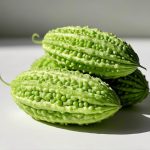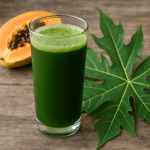The human brain is the most vital element of the body because it records all of a person’s memories. If you want to be successful in a variety of aspects of your life, having a strong memory is one of the most important skills you can have.
Consider rummaging through the fridge and pantry if you’re concerned about memory loss. Why? Because many of the herbs and spices that are most commonly used to give food flavor also have the potential to prevent memory loss, people use them. Below are the top 9 herbs to improve your memory.
Here’s a list of the most effective herbs to improve your memory:
Ginkgo biloba
Gingko is a wonderful circulatory herb that improves the flow of blood to the brain and the rest of the central nervous system. That’s why it’s often recommended for people with memory and focus issues like dementia, dyslexia, and even some forms of depression.
Ginkgo, with anti-aging properties due to its ability to improve circulation, increases oxygen delivery to tissues and repairs veins, arteries, and capillaries. It is recommended that gingko be consumed as a herbal liquid/tincture or as a capsule when seeking a therapeutic dose. You can also brew it into a tea and sip it up to three times a day.
Cinnamon
The sweet and savory spice has been shown to boost blood circulation to the prefrontal cortex, which in turn improves working memory in both older adults and prediabetics. Additionally, it has been shown to reduce cholesterol, fasting glucose, and hemoglobin levels and enhance insulin sensitivity, and it can prevent tau aggregation (the tangles seen in Alzheimer’s disease).
Turmeric
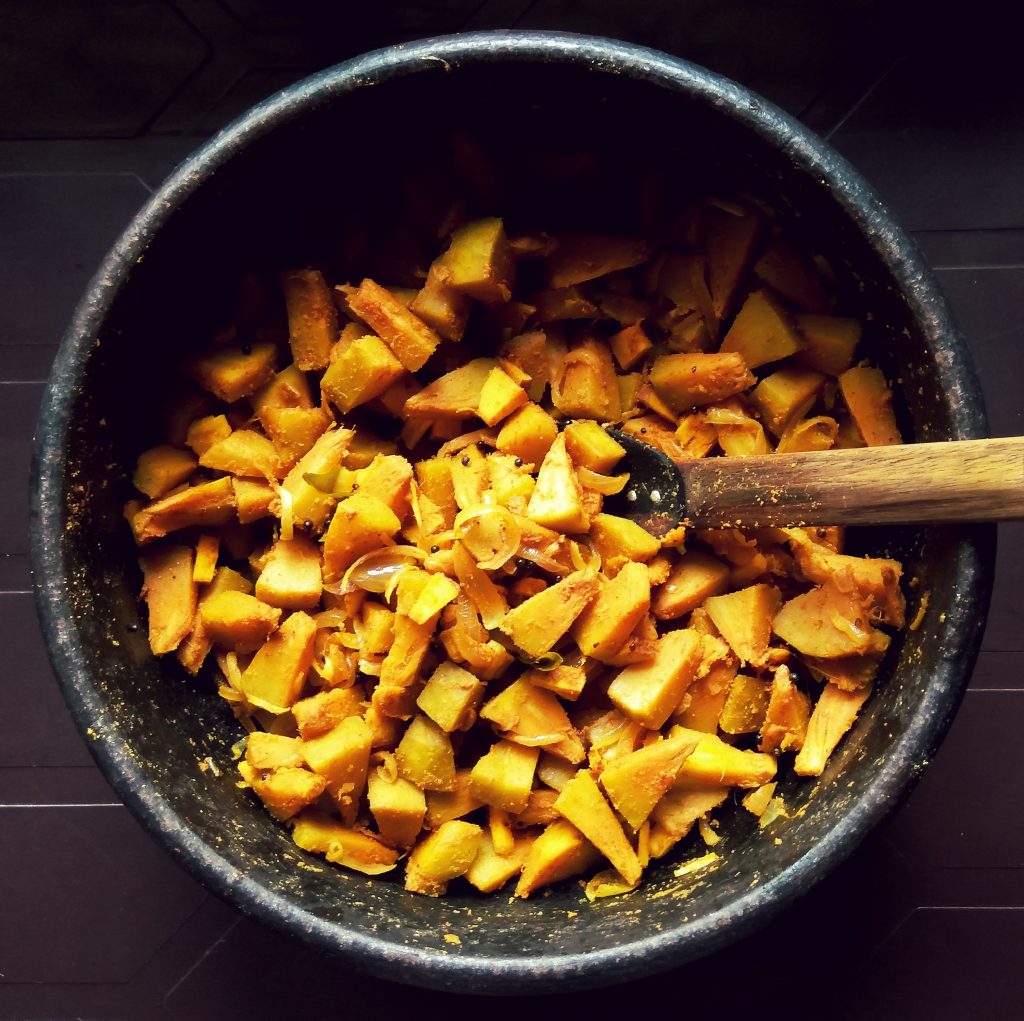
This miraculous plant, found in many curries, is a staple in many kitchens. Conditions like skin issues, dementia, pain, and arthritis are just some of the inflammatory conditions that it helps. There is new evidence that it may be effective against cancer and as an Alzheimer’s disease preventative. In India, where the rate of Alzheimer’s is significantly lower than in the West, turmeric is held in high esteem.
Bacopa Monnieri
The Ayurvedic herb bacopa monnieri, more commonly referred to as simply bacopa, is revered for the brain-enhancing effects it has. Initial research published in the Journal of Psychopharmacology suggests that bacopa extract may improve cognitive performance and memory. Study participants who took 300 milligrams of bacopa daily for 12 weeks outperformed a placebo group on measures of memory, learning speed, and visual processing speed.
This effect has been replicated in other studies. Bacopa extract enhanced spatial learning and memory in mice, as well as increased dendritic length and promoted interconnectivity. Dendrites are the tree-like projections of neurons that aid in the transmission of impulses to other cells. And in 2014, research involving 31 children with ADHD found that bacopa monnieri extract effectively reduced ADHD symptoms, such as inattention and impulsivity, in 85% of children.
Sage
The strong aromatic herb sage may help with memory and Alzheimer’s disease treatment in addition to its other potential benefits. In fact, sage may contain compounds that are helpful for brain and cognitive health, according to a review of research published in 2017.
Saffron
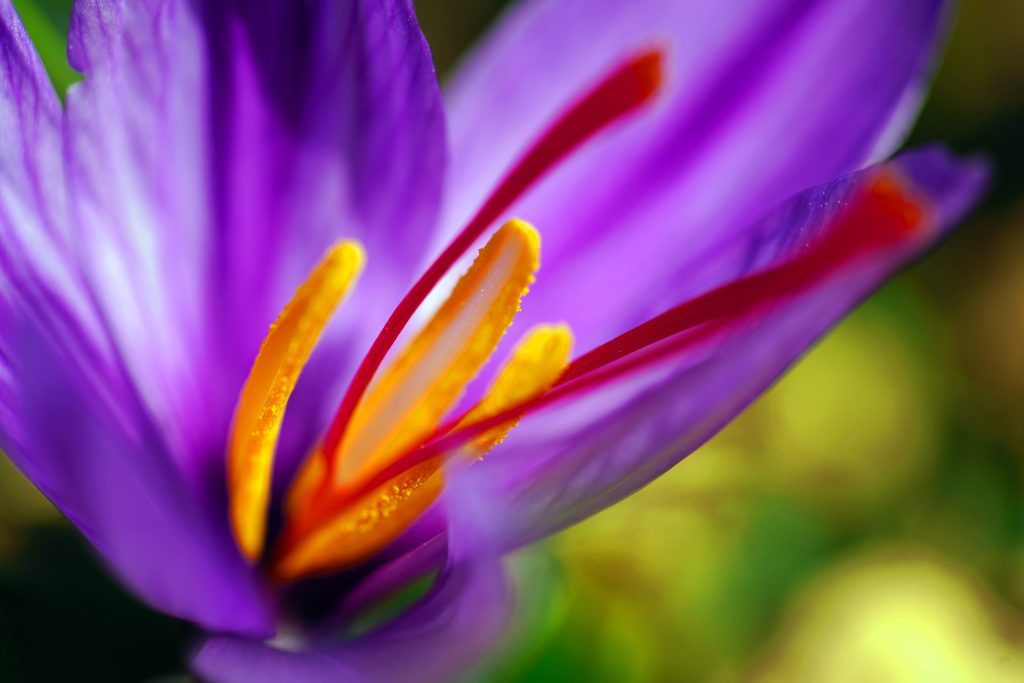
The pistil of the autumn crocus flower is the source of saffron. Saffron has a long history of use in traditional medicine in Greece, Egypt, Persia, and India, and it is also commonly used in the kitchen to flavor rice dishes like Saffron rice and Spanish paella. Saffron was traditionally used to promote healthy brain, liver, and lung function, as well as to improve women’s health. As previous studies have shown, this herb may be helpful for memory, focus, and mood by promoting healthy brain aging.
Rosemary
Rosemary is widely considered one of the most effective natural herbs for enhancing cognitive function. Clinical trials have shown that Rosemary helps people of all ages, including those with Alzheimer’s, to increase their cognitive abilities. You can get rosemary in the form of tea, capsules, or essential oils at many health food stores.
Studies have found that just smelling rosemary can make you feel better and boost your productivity. Use dried rosemary in your cooking or as a tea. Rosemary essential oil can also be used aromatically (in a vaporizer or bath) or topically (in a carrier oil and applied to the skin). When using rosemary for medicinal purposes, a tincture or capsule form is recommended.
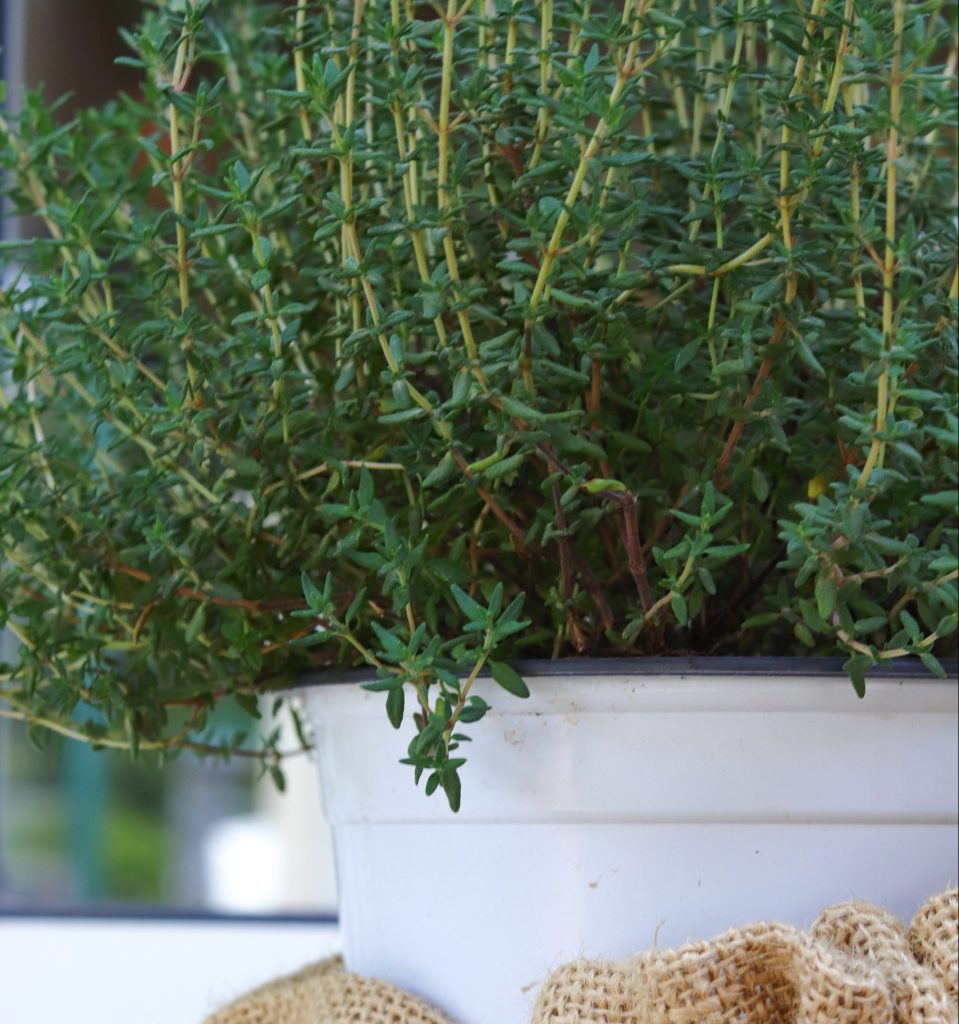
Thyme
This aromatic plant has been shown to prevent brain cells from aging too quickly. It also raises docosahexaenoic acid (DHA) levels in the brain, an omega-3 fatty acid that is essential for brain function. Working memory, executive function, and mood can all benefit from omega-3 fatty acids, which can also reduce brain atrophy.
Gotu kola
Gotu kola, also known as the “herb of longevity,” has been shown to help those with Alzheimer’s disease by preventing cell damage in the brain. Because of its anti-inflammatory and regenerative properties, it can aid in the repair of blood vessels and arteries, thereby enhancing blood circulation to the brain. Drink up to three cups of gotu kola tea per day made from dried or powdered herbs, use it in a liquid tincture, or pop a capsule containing the extract.
Final Thoughts
Although some herbs and spices have been shown to have positive effects on brain health, they should not be used in place of conventional medicine. It’s important to remember that adding herbs and spices in the small amounts needed for cooking can be healthy and helpful, but using more of them is not better. The risk of negative side effects increases when herbs and spices are taken in a concentrated form, like those found in supplements.
Did you find this helpful? Let us know in the comments below.
You can also check out our Facebook and YouTube pages to learn more about plants and their health benefits.
You might also like:







